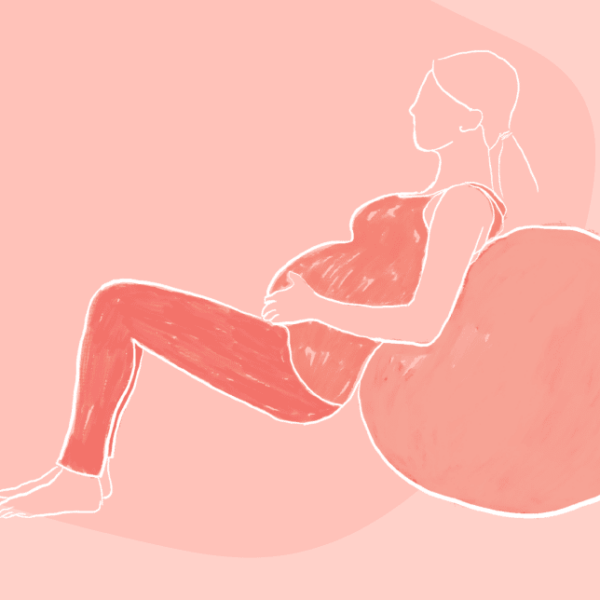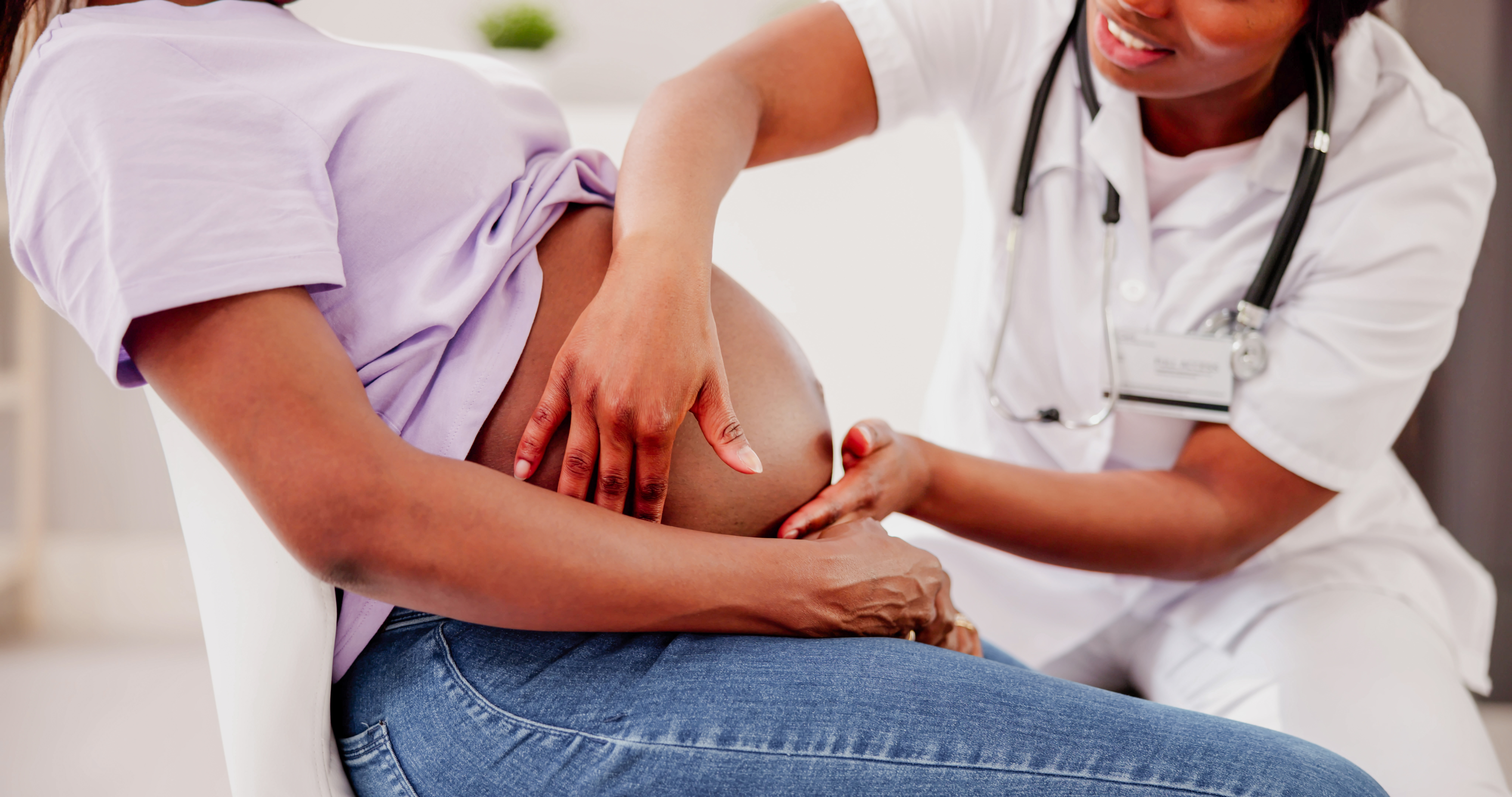Pregnancy Four Amazing Things Your Body Does in Pregnancy
Four Amazing Things Your Body Does in Pregnancy

Pregnancy is a common experience but we can’t forget how miraculous it is. The fact that you’re growing new life within you - and a whole new, temporary organ to sustain that life - is mind blowing when you stop to *actually* think about it. And for these reasons, it’s so important that you prioritise rest in pregnancy because it’s true - your body is working so hard to grow and sustain your baby and keep you healthy and energised, too.
There’s also so many aspects of pregnancy that aren’t common knowledge, like the process of natural conception. Most of us have been taught and therefore believe that the first sperm to reach the egg wins, but this is just a myth. The truth is that the egg chooses the sperm; the female is in control. When the sperm reaches the uterus, the fallopian tubes secrete chemicals that give sperm the ability to swim and mature. Without these chemicals, the sperm wouldn’t make it. Once the sperm reaches the egg, the egg must accept the sperm and literally embrace and enfold it – give it a big hug and say: “Yes! You’re the one!” Perhaps even more miraculous is that the egg can repair damaged DNA in the sperm. Our bodies are marvellous! If you’re currently pregnant, here’s four amazing things to keep in mind as you grow your baby and prepare for their arrival:
Your body stores your baby’s cells like souvenirs
During pregnancy there is an exchange of cells between your body and your baby via the placenta. This process is called microchimerism, from the word ‘chimaera’ meaning a mythical creature made from parts of different animals. Cells containing DNA from your baby cross the placenta and enter your bloodstream and while many are killed by your immune system, some persist and are absorbed in your tissues and organs, becoming a part of you. Research shows that they exist for decades and may also transfer into your subsequent children which may make you feel differently about sibling bonds.
Your brain shrinks and fine-tunes itself in preparation for parenthood
No, this doesn’t mean you lose intelligence. ‘Baby brain’ is actually a myth. This research is new, with a landmark study published in 2017 inspiring countless neuroscientists to spend more time and money researching the maternal brain. What neuroscience suggests is that ‘maternal instinct’ isn’t real; instead our brains are fine-tuning in pregnancy to prepare for the rapid learning of new motherhood. As soon as your baby is born, you’re learning how to care for them. From the moment the placenta implants in the uterus at the beginning of pregnancy, it is thought that your brain starts remodelling itself to prepare for parenthood. This results in the development of the ‘maternal brain circuitry’, a connection of different brain areas that work together to reduce maternal stress, anxiety and fear and improve empathy, problem solving, emotional intelligence and your ability to read facial expressions.
Your body grows a new and temporary organ, the placenta
In the first twelve weeks of pregnancy, your body is growing the placenta which is your baby’s lifeforce. It connects to your uterine wall by invading hundreds of vessels and arteries. It’s hard to comprehend this but it also grows 51 kilometres of capillaries. Through all these capillaries your placenta takes food and drink from you to nourish your baby and delivers it through the umbilical cord. This only occurs after nine weeks gestation because until then, the embryo isn’t strong enough to withstand the force of blood from the cord. For the first nine weeks, your baby is nourished by secretions from the wall of the uterus known as ‘womb milk’.
Your basal metabolic rate (BMR) is the same as a marathon runner
…for your entire pregnancy and then it concludes with the actual marathon of labour and birth. Pregnancy is the longest duration and highest energy expenditure of any human experience. To manage this physical intensity, your heart actually grows to withstand the 50% increase in blood required to oxygenate your body and your baby. Without this size increase, your heart would have to beat faster and harder (like during exercise) just to keep up with the demand for blood.
Our Podcast Picks for You
Categories
Related Products
-
The Birth Class
108 reviews$249.00The empowering online childbirth education program that will help you confidently prepare for birth.
Get your copy of our Perineal Massage Guide in your inbox
Keep Reading
We think you might enjoy these articles

The Emergency C-Section Checklist You’ll Be Thankful You Had
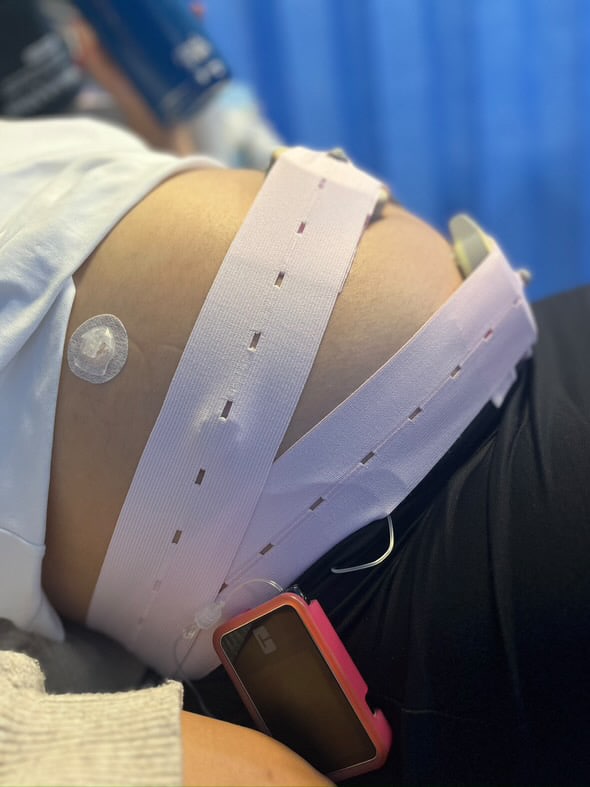
Pre-existing Diabetes and Pregnancy: What You Need to Know

Harnessing the Power of Acupressure: A Natural Approach to Preparing for Birth
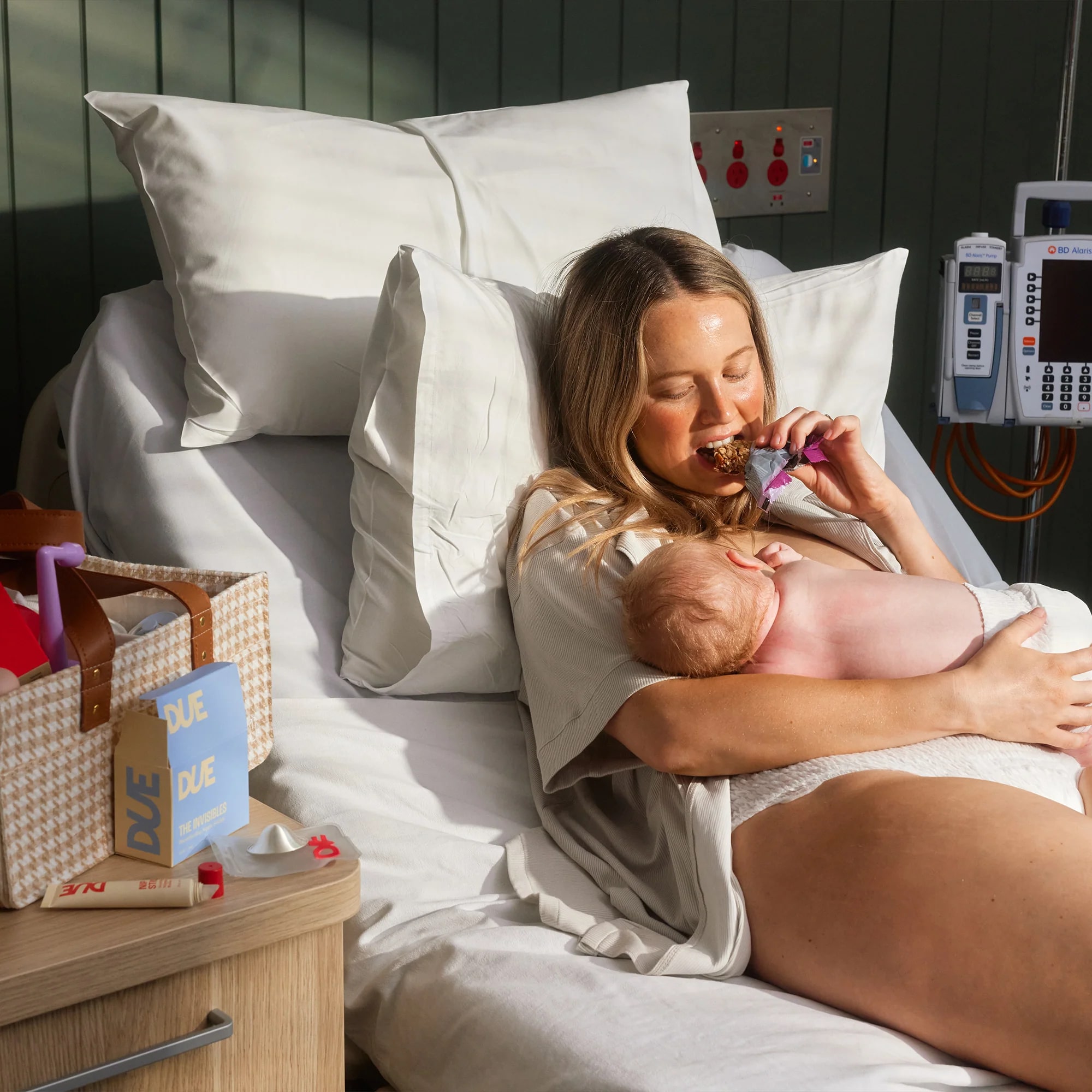
Thoughtful Christmas Gifts for your Pregnant Friend.
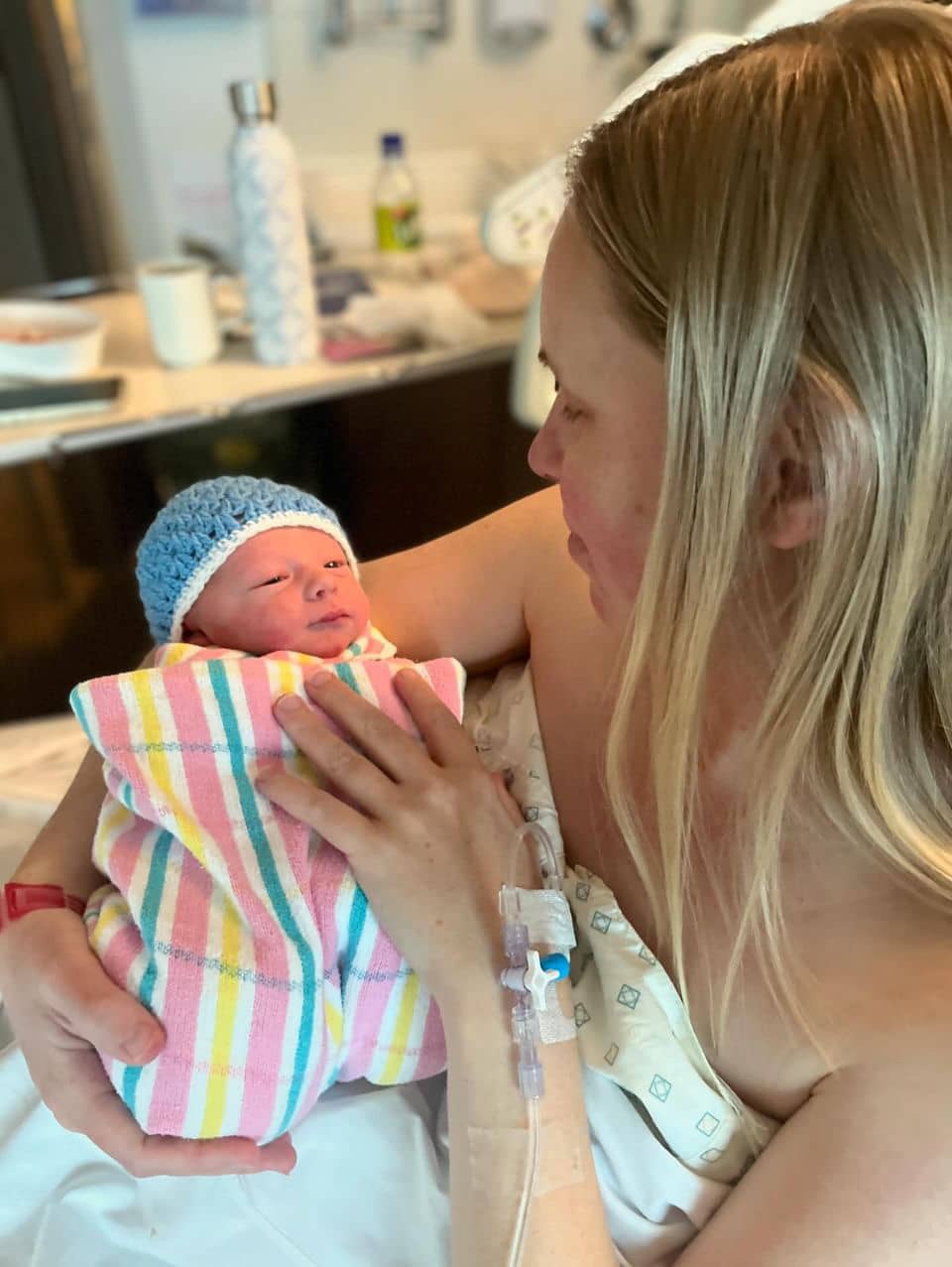
What is Pre-eclampsia?

Non-invasive Prenatal Testing (NIPT)
@AustralianBirthStories
Follow along with us
@AustralianBirthStories
Follow along with us
@AustralianBirthStories
Follow along with us
@AustralianBirthStories
Follow along with us
@AustralianBirthStories
Follow along with us
@AustralianBirthStories
Follow along with us
@AustralianBirthStories
Follow along with us
@AustralianBirthStories
Follow along with us
@AustralianBirthStories
Follow along with us
@AustralianBirthStories
Follow along with us
@AustralianBirthStories
Follow along with us
@AustralianBirthStories
Follow along with us

